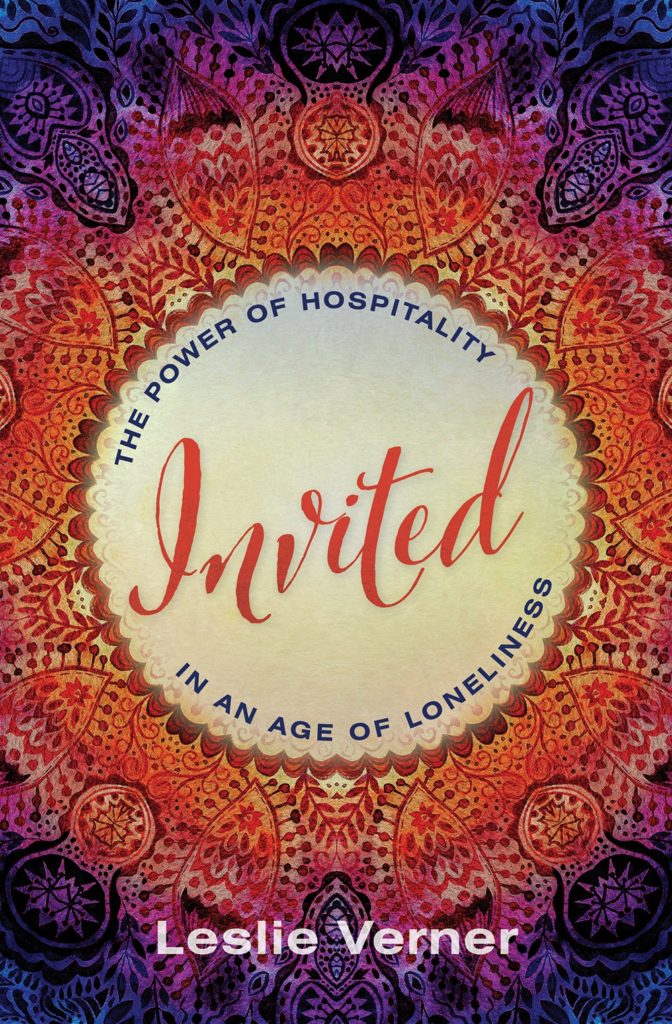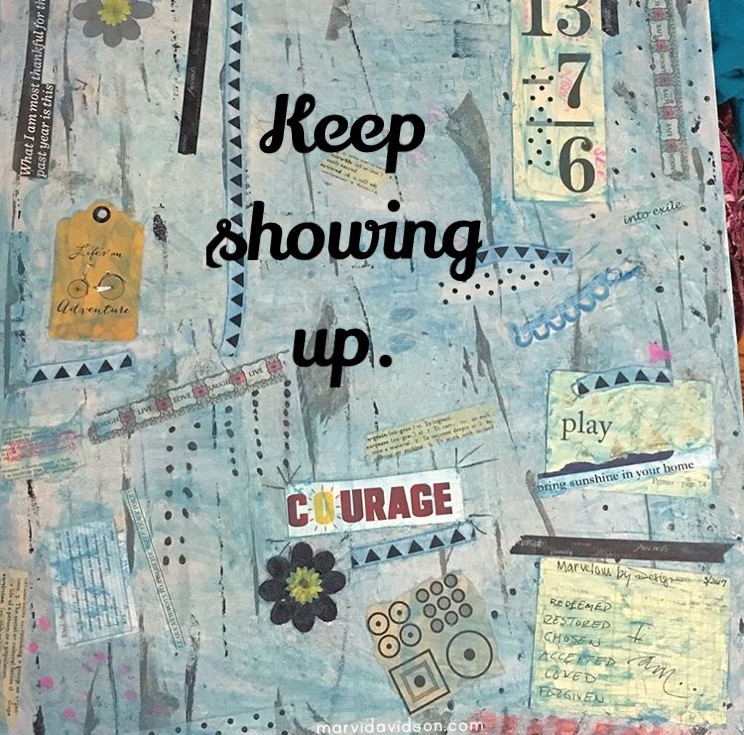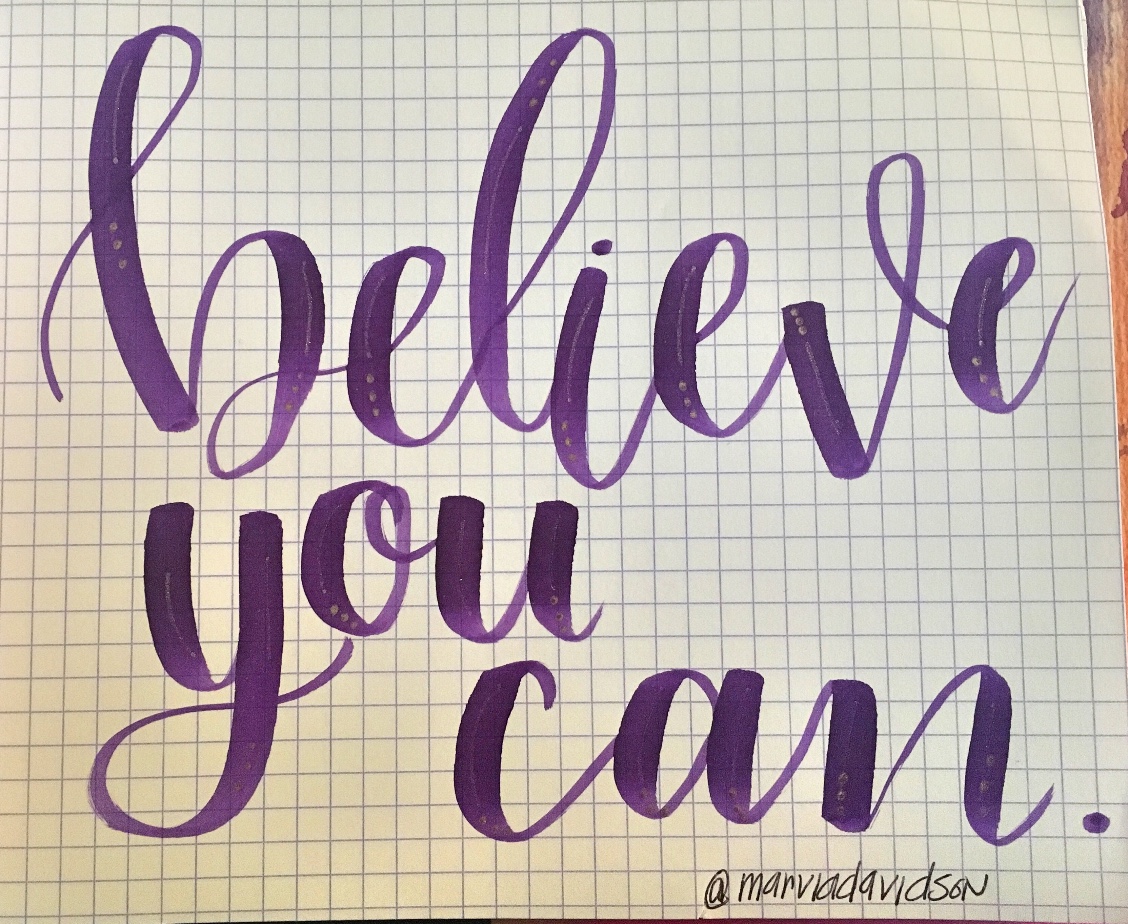
[In the style of Verlyn Klinkenborg, one of my favorite authors on writing. I wrote this after writing and publishing my first book so I wouldn’t forget–just in case a next book wants to be written.]
1. Your book proposal is the blueprint of your book, but it will change.
2. Save at least 15 percent of your advance to use for marketing your book later.
3. Your final draft should bear little resemblance to your first draft. Tell (lie to) yourself: “It’s okay to write terribly. No one ever has to read this.”
4. You’ll be tempted to quote people smarter and more eloquent than you. Don’t let this become a crutch. Say it your way (and ignore all The Voices telling you why you can’t or shouldn’t do this work).
5. When you revise, print out your pages and mark them up. Highlight your verbs and nouns—are they vibrant, active, and concrete?
6. Schedule days (and maybe even weeks) to rest and let your manuscript sit, like dough rising.
7. Carve out space for solitude and listening. Go on long walks, runs, or bike rides alone. Pay attention.
8. Build up a support network years before you publish.
9. Count the cost of writing a book.
10. Print out your entire manuscript and bind it like a book. Do this after every major revision. Read your entire manuscript aloud several times over many months.
11. Use scissors to revise. Sometimes cutting, rearranging, and retyping the entire thing will help smooth out the wrinkles in your transitions.
12. Spend 80 percent of your social media real estate promoting others, 20 percent promoting yourself.
13. Save the stories you cut to use for articles and essays later.
14. Don’t apologize for writing, selling, or marketing your book. If you’re not excited about it, no one else will be.
15. Figure out how to use Scrivener. It will save you tons of time in the end.
16. Social media is not writing.
17. Platform building is not writing.
18. Reading books about writing is not writing.
19. Fans aren’t doing you a favor by buying your book. You did them a favor by writing it.
20. For inspiration, read books about writing or listen to podcasts about writing. (But remember: this is not writing.)
21. To tame anxiety, read poetry.
22. Be a generous writer, reader, reviewer, and fan of others.
23. Be yourself. Trust you have wisdom, words, or wit to add to the conversation.
24. A book launch doesn’t end the day the book releases. This is not a finish line, just another starting line.
25. Your book is not you. Let it go out into the world to be what it will be, then write what’s next.
26. Stay rooted in love.
Have you written a book before? What advice would you add?
Photo by Jonas Jacobsson on Unsplash
This post contains Amazon affiliate links.






 Marvia is a Texas writer/creative soul who enjoys writing, making art, laughing loudly, baking, dancing ridiculously because it’s fun, and smashing lies that keep people from living whole. Join her at
Marvia is a Texas writer/creative soul who enjoys writing, making art, laughing loudly, baking, dancing ridiculously because it’s fun, and smashing lies that keep people from living whole. Join her at 


